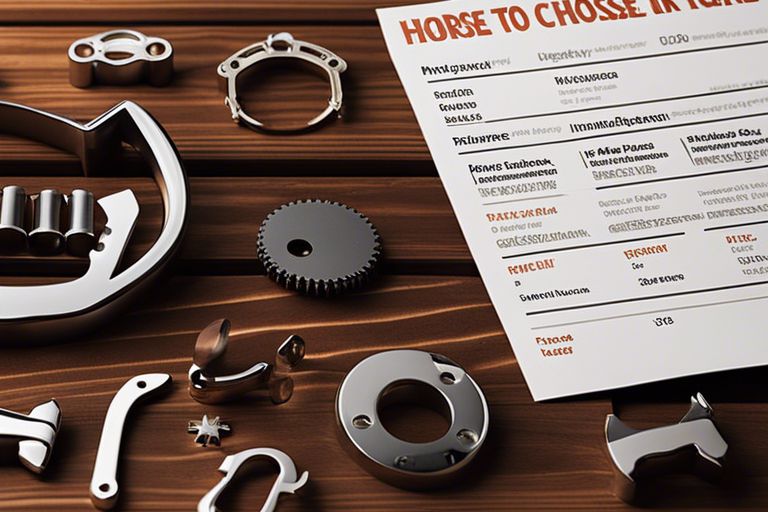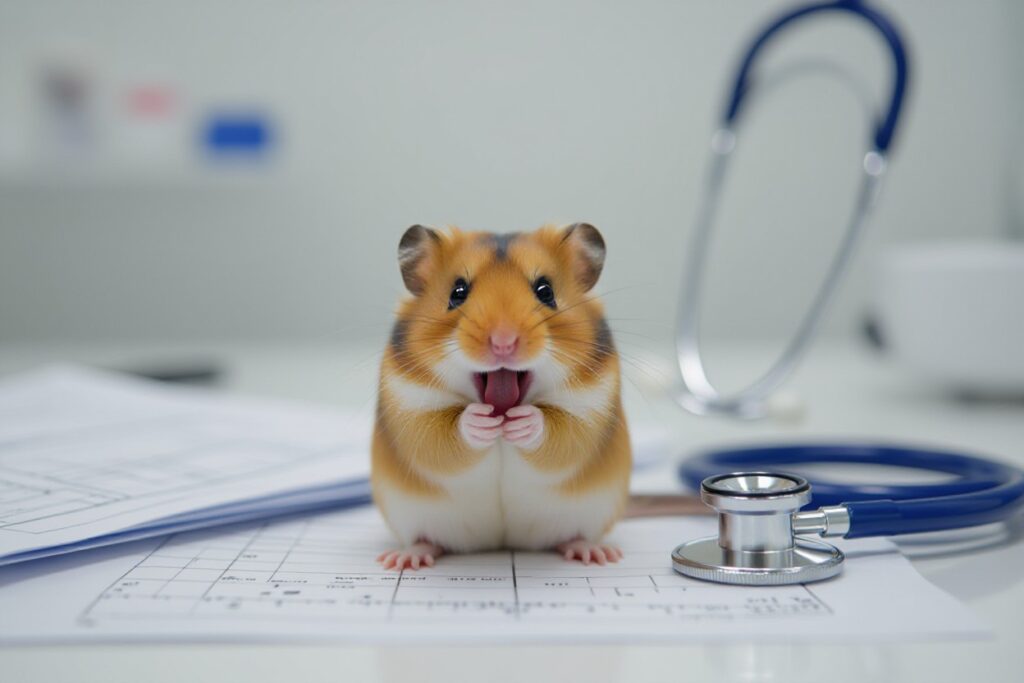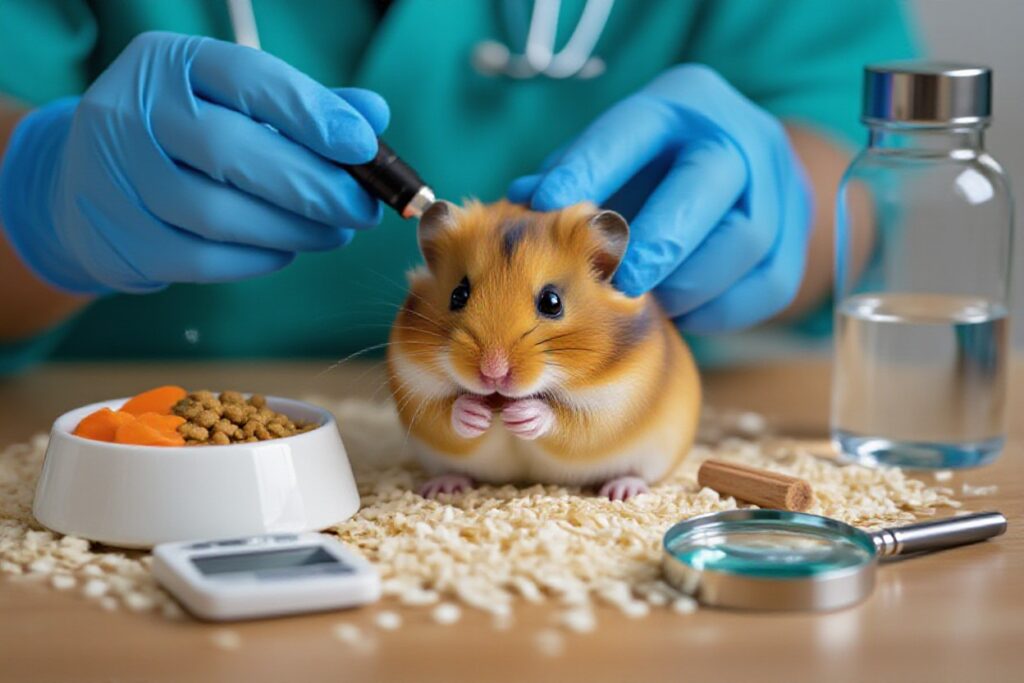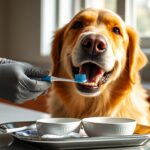Just like regular veterinary check-ups, regular dental care is crucial for your horse’s overall health and well-being. By ensuring proper dental maintenance, you can prevent issues such as painful sharp points, wolf teeth problems, and uneven wear that can affect your horse’s ability to eat comfortably, respond to the bit, and maintain proper weight. Understanding the importance of equine dental care will help you keep your horse happy and healthy for years to come.
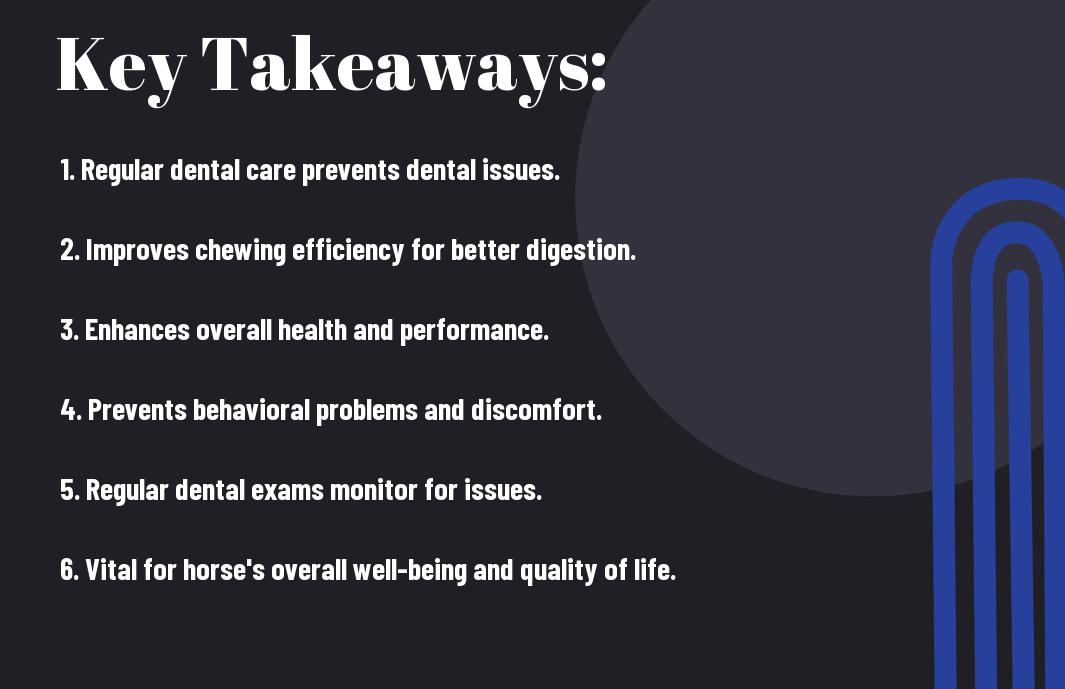
The Importance of Equine Dental Care
Before we explore into the specifics of equine dental care, it’s crucial to understand why it is so crucial for your horse’s overall well-being. Regular dental care is not just about maintaining a pretty smile for your horse; it plays a significant role in their health and quality of life.
Preventing Health Problems
Importance of keeping up with your horse’s dental check-ups cannot be overstated. Neglecting their dental care can lead to a myriad of health issues, including sharp points, uneven wear, and dental abnormalities that may cause pain and discomfort. This can result in difficulty chewing, weight loss, behavioral problems, and even more severe conditions such as impaction colic or choke.
Improving Digestion and Nutrition
Health of your horse’s teeth directly impacts their ability to chew food properly, enabling them to extract crucial nutrients from their diet. **Proper chewing is crucial for optimal digestion and absorption of nutrients**. If your horse has dental issues that hinder their ability to chew effectively, it can lead to poor nutrition and **digestive problems**.
To ensure your horse maintains a healthy and balanced diet, **regular dental exams and necessary treatments are imperative**. This will help **prevent issues** that may arise due to poor dental health, ultimately **improving their overall well-being**.
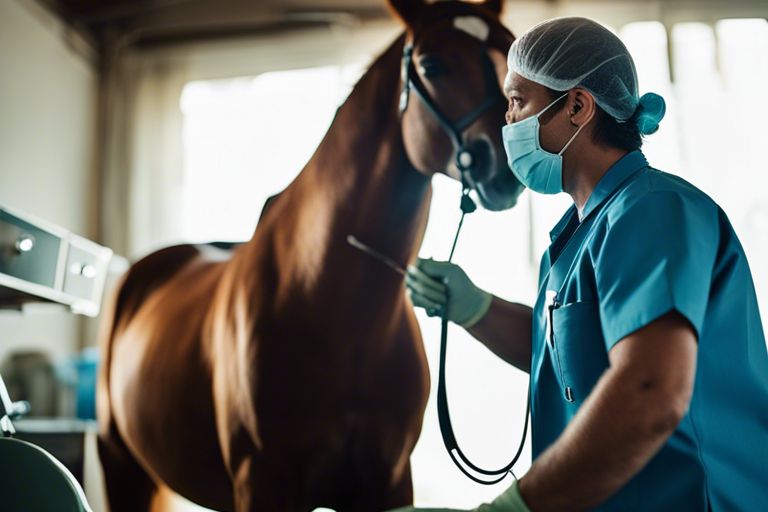
Anatomy of the Equine Mouth
Structure of the Teeth
You may not realize the intricate details of your horse’s dental anatomy, but understanding it is imperative for proper care. Teeth in horses are varied, with incisors at the front for cutting grass, and molars at the back for grinding fibrous feeds. A horse’s teeth continue to erupt throughout its life, with wear occurring from the grinding motion rather than the growth from the roots.
Function of the Jaw and TMJ
Teeth and their relationship to the jaw play a crucial role in your horse’s overall health. The Temporomandibular Joint (TMJ) is responsible for the movement of the jaw during chewing, which directly impacts your horse’s ability to eat and digest food properly. Proper alignment and function of the jaw and TMJ are imperative for your horse’s comfort and well-being.
Understanding the function of the jaw and TMJ can help you identify potential issues with your horse’s dental health. Misalignments or abnormalities in these areas can lead to difficulties in chewing, pain, and even behavioral problems. Regular dental check-ups and maintenance can help prevent these issues and ensure your horse’s dental health is in top condition.
Common Dental Issues in Horses
Tooth Decay and Cavities
Tooth decay and cavities can be a common issue in horses, just like in humans. **Proper dental care** is imperative to prevent decay from progressing and causing discomfort to your horse. **Regular dental check-ups** by a qualified veterinarian can help detect these issues early on. If left untreated, **decayed teeth** can lead to infections and **severe pain** for your horse.
Gum Disease and Gingivitis
Gingivitis is a common dental issue in horses that often goes hand in hand with **poor dental hygiene**. **Inflamed gums** can be **painful** for your horse and lead to more serious conditions if not addressed promptly. **Regular cleaning** and **preventative care** can help **prevent** the development of **gum disease**.
Understanding the signs of gum disease and **gingivitis**, such as **swollen or bleeding gums**, can help you **take action** to **maintain** your horse’s **oral health**. **Regular dental exams** and **cleanings** can aid in **preventing** these issues.
Tooth Loss and Extraction
On occasion, **tooth loss** or **extraction** may be necessary for your horse due to **severe decay** or **other dental issues**. **Missing teeth** can impact your horse’s **ability to eat** effectively and lead to **further dental problems** if not addressed. **Dental x-rays** and **consultations with your veterinarian** can help determine the best course of action for **tooth removal**.
**Dental care** is crucial to **maintaining** your horse’s overall **health** and **well-being**. By **addressing** common dental issues promptly and **practicing good oral hygiene**, you can **prevent** more **serious complications** and ensure your horse’s **comfort** and **quality of life**.
Signs and Symptoms of Dental Problems
After discussing the importance of equine dental care, it is crucial to understand the signs and symptoms of dental problems in your horse. These issues can affect your horse’s overall well-being and performance, so being aware of the signs can help you address any problems promptly.
Behavioral Changes
For behavioral changes, look out for signs such as reluctance to accept the bit, head tossing, or fussiness while eating. Your horse may also display a change in attitude or performance due to discomfort in the mouth. If you notice any unusual behavior, it could be a red flag for dental issues that need attention.
Physical Indicators
One physical indicator of dental problems is uneven wear on the teeth, leading to sharp points or hooks that can cause pain and difficulty in chewing. Your horse may also drool excessively, have bad breath, or develop swelling around the jaw. These physical signs can indicate the need for a dental examination by a qualified veterinarian.
Signs of Performance Issues
Performance issues can arise from dental problems affecting your horse’s ability to work comfortably. Changes in behavior under saddle, resistance to commands, or a drop in performance levels could be linked to pain or discomfort caused by dental issues. Addressing these problems promptly through proper dental care can improve your horse’s performance and overall well-being.
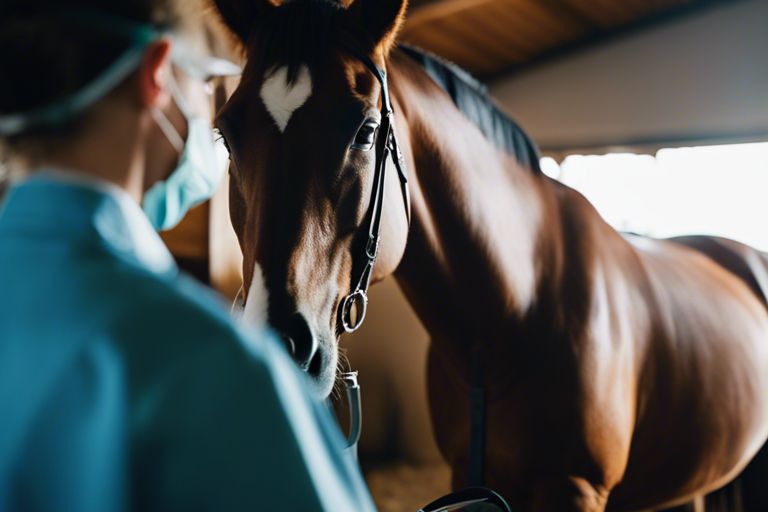
Equine Dental Care Procedures
Routine Check-Ups and Exams
All horses require routine dental check-ups and exams to ensure their oral health is in optimal condition. One of the most important aspects of equine dental care is early detection of any issues that may arise. During these check-ups, your veterinarian will assess your horse’s teeth, gums, and oral cavity to identify any abnormalities or signs of dental problems. Regular check-ups can help prevent more serious issues from developing and maintain your horse’s overall well-being.
Floating and Filing Teeth
With routine dental care, one common procedure that may be performed is floating and filing your horse’s teeth. This process involves smoothing out any sharp points or edges that can develop on the teeth over time. Dental irregularities can cause discomfort, difficulty chewing, and lead to more severe dental issues if left untreated. By maintaining your horse’s teeth through floating, you can ensure proper alignment and function of the dental structures.
Dental care professionals use specialized tools to gently file down the teeth to ensure a proper bite and overall dental health. It is vital to have this procedure done regularly to prevent any potential problems and maintain your horse’s oral well-being.
Extractions and Oral Surgery
An important aspect of equine dental care is knowing when extractions or oral surgery may be necessary for your horse. In some cases, a tooth may be damaged, decayed, or causing pain, requiring extraction to alleviate discomfort and prevent further issues. Check-ups with your veterinarian can help identify if any teeth require extraction, and a skilled professional can perform the necessary procedures to address the problem.
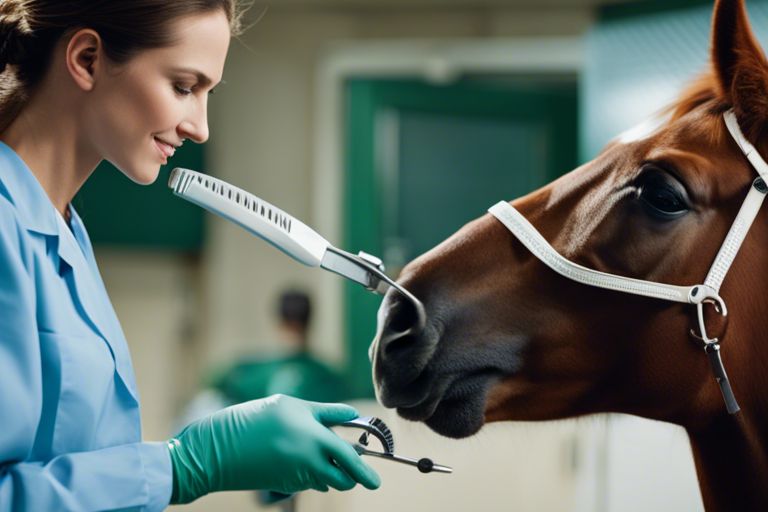
Maintaining Good Equine Dental Health
Despite the strong teeth of horses, it is important to take proactive steps to ensure their dental health is maintained. Proper equine dental care involves a combination of measures aimed at preventing issues before they arise. By focusing on dietary considerations, providing adequate chew toys and stimulation, and scheduling regular dental care, you can help your horse maintain optimal oral health.
Dietary Considerations
On a proper diet is crucial for your horse’s dental health. Ensuring that your horse has access to quality forage, such as hay, can help promote proper chewing, which is important for maintaining healthy teeth. Additionally, avoiding feeding your horse overly sugary or sticky treats can help prevent dental issues like tooth decay and gum disease.
Providing Adequate Chew Toys and Stimulation
To keep your horse’s teeth healthy and strong, providing adequate chew toys and mental stimulation is vital. Chewing on suitable toys can help prevent abnormal wear on teeth and provide mental enrichment for your horse. Choose toys designed specifically for equine dental health and rotate them regularly to keep your horse engaged.
Understanding your horse’s natural behaviors and instincts can help you select the most appropriate chew toys and activities to promote their dental health and overall well-being.
Scheduling Regular Dental Care
The services of a qualified equine dentist are invaluable when it comes to maintaining your horse’s dental health. Regular dental check-ups and floating (filing down sharp edges) of teeth can prevent painful issues such as dental hooks and uneven wear. Your equine dentist can also identify and address any potential problems early, helping to avoid more significant issues down the line.
For instance, scheduling annual dental exams can help catch and treat dental issues early, ensuring your horse’s comfort and well-being.
Final Words
Presently, you have learned the significance of equine dental care and why it is crucial for the overall well-being of your horse. By understanding the importance of regular dental check-ups and treatments, you can ensure that your horse maintains proper oral health and avoids potential issues that may arise from dental problems. Be mindful of, just like humans, horses also require proper dental care to lead a healthy and comfortable life.
FAQ
Q: Why is equine dental care important?
A: Equine dental care is important because it helps maintain the overall health and well-being of the horse. Proper dental care ensures that the horse can chew food efficiently, which is crucial for proper digestion and nutrient absorption.
Q: How often should a horse receive dental care?
A: Horses should receive dental care at least once a year, but some may require more frequent care depending on their age, diet, and dental health. Young horses and seniors may need more frequent dental check-ups.
Q: What are signs that a horse may need dental care?
A: Signs that a horse may need dental care include dropping food while eating, reluctance to eat, weight loss, foul breath, excessive salivation, and behavioral changes such as head-shaking or resisting the bit.
Q: What does equine dental care involve?
A: Equine dental care involves a thorough examination of the horse’s mouth, including checking for sharp points, hooks, waves, and other dental issues. Dental floating, which is the process of filing down sharp edges, is a common procedure in equine dental care.
Q: Can dental issues in horses lead to other health problems?
A: Yes, dental issues in horses can lead to other health problems such as weight loss, colic, difficulty chewing, and behavioral issues. Regular dental care can help prevent these problems and ensure the overall health of the horse.

